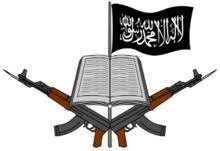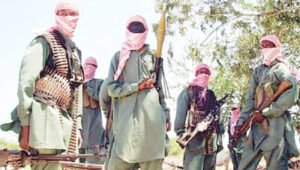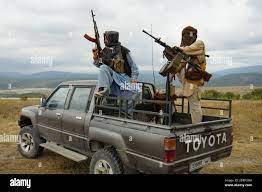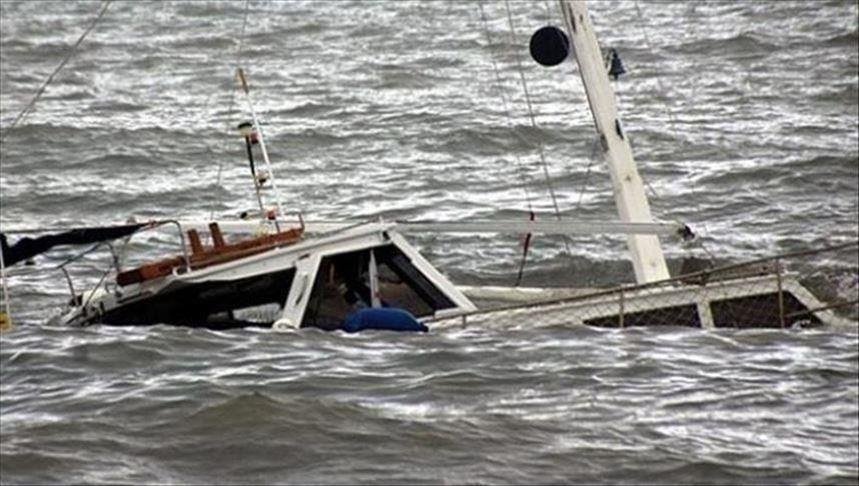Lakurawa is here and has left everyone scampering. The dead terror group is being linked to another deadlier terrorist’s cult infamously labelled ISIS. In more alarming revelation the Lakurawa sect, under the guise of herders were coming to the Nigeria’s Sokoto state with plans to establish Islamic state stronghold in Nigeria, Hussaini Ibrahim Kafi in Kano recounts in this special feature.


Nigeria’s Northwest region, already grappling with a decade-long insurgency waged by Boko Haram and banditry, now faces a new threat, the Lakutawa. This emerging jihadist group has been making significant inroads, causing widespread fear and instability in the region.


The northwest of Nigeria has been a hotbed of insecurity for several years. Since the rise of Boko Haram in the northeast in the early 2000s, the northwest has witnessed increasing violent insurgency, primarily driven by bandits and a growing presence of Islamist militants. While Boko Haram remains a dominant force in the northeast, the northwest has witnessed a shift, with new actors like the Islamic State West Africa Province (ISWAP) and now Lakurawa emerging to capitalize on the region’s instability.
Who Are the Lakurawa?
Originating from the Sahel region, particularly Mali and Niger, the Lakurawa are a militant group known for their strict interpretation of Islamic law. They have been gradually infiltrating Nigeria’s Northwest, establishing a presence in states like Sokoto and Kebbi. Their tactics include imposing harsh punishments, such as amputations and executions, for perceived violations of Islamic law.
Rise of Lakurawa
According to local reports and intelligence sources, Lakurawa has adopted a highly aggressive approach, similar to the tactics used by Boko Haram, including large-scale attacks on villages, and government infrastructure. However, unlike Boko Haram, which primarily operates in the northeast, Lakurawa is believed to be concentrating its operations in the north western states of Keby and Sokoto, which have already been overwhelmed by bandits and kidnappers.
In a recent incident on Saturday, 10th November, 2024, gunmen believed to be members of the group killed 15 people in an attack on a village in Kebbi State, officials confirmed on Sunday. The incident occurred in Mera, a village located around 50 kilometres from the Niger border.
Similarly, on August 2, 2024, the newly emerged jihadist group. Lakurawa, launched a deadly ambush on Nigerian soldiers. The attack resulted in the tragic loss of at least four soldiers lives and the theft of two military vehicles.

This audacious assault has further instilled fear and uncertainty among residents of the state, which has been plagued by a series of attacks and kidnappings perpetrated by bandits.
Manniru Fura Girke, a journalist specializing in terrorism in the Kebbi, Sokoto and Zamfara regions, has shed light on the origins and activities of the emerging jihadist group. Lakurawa.


According to Gitke, the group is composed primarily of Tuareg people hailing from Western Niger, Northern Mali, Algeria and Mauritania. Notably, they are fluent in Arabic Tuareg and French
The journalist further revealed that the group received training under the regime of former Libyan leader Muammar Gaddafi. Following Gaddafi’s death, the group relocated to Niger and subsequently formed Ansarudden in Mali. After being driven out of Mali by French forces, they sought refuge in the Tangaza and Illela forests all in Sokoto peacefully before they now turned into launching deadly attacks.
In more alarming revelation, Manniizu Fura Girke stated that the Lakurawa group, under the guise of herders were coming to the Nigeria’s Sokoto with plans to establish Islamic state in Sokoto. Zamfara and Kebbi states, warning that is serious doesn’t take another Boko Haram would emerge in the Northwest
Hon Isah Bello Ambarura, a Federal Representative for the lela/Gwadabawa constituency, has revealed that the Lakurawa group has been operating in the region for over 25 years. The lawmaker, in an interview with BBC, emphasized the deep integration of the grup within the local communities, citing intermarriages between Lakurawa members and residents.
According to him, this tragic infiltration has enabled the group to instil fear among the inhabitants, hindering their ability to report the group’s activities to authorities.
The rise of Lakurawa represents a critical juncture in Nigeria’s ongoing battle against jihadist insurgencies and organized crime. If left unchecked, this new group could destabilize the already fragile northwest region, disrupting trade routes, displacing communities, and further weakening the state’s control over the area.
The Nigerian government, in response to the growing threat, has intensified military operations in the northwest. However, experts suggest that purely military solutions may not be enough to stem the tide of radicalization in the region. Analysts call for a multifaceted approach that includes addressing the root causes of insurgency, such as poverty, unemployment, and local governance issues, while also countering the ideological spread of jihadism through both community engagement and regional cooperation.



